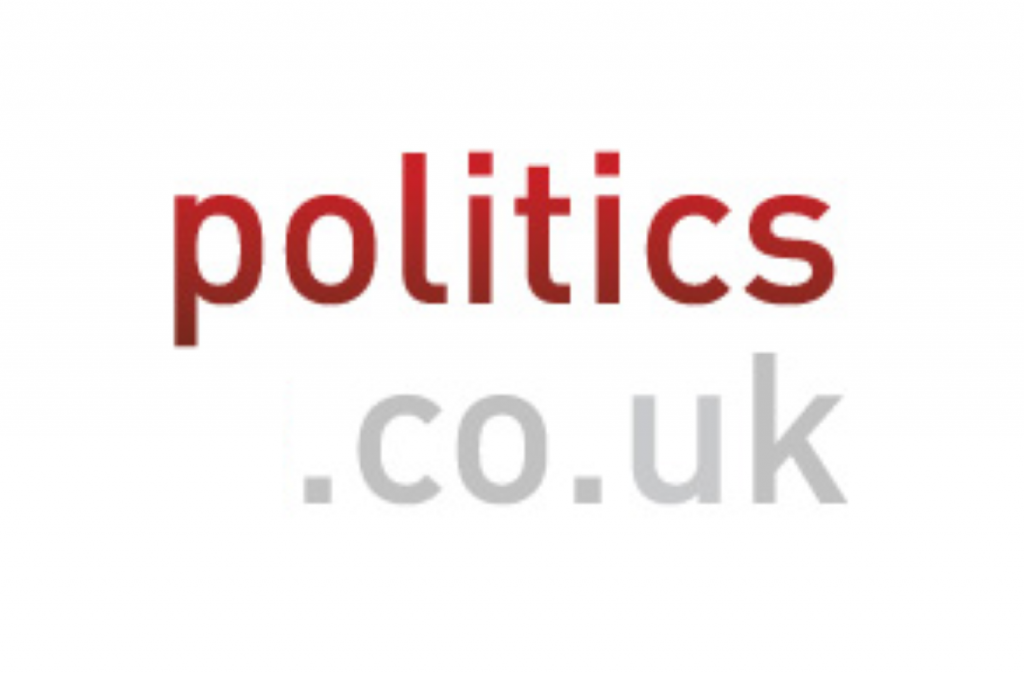Health and the NHS
When compared with levels seen in the first years of Tony Blair’s premiership, public satisfaction with the NHS is sky-high. It’s the same for all the high-profile public services: a decade of unparalleled investment has reaped dividends. The consequence for the 2010 election is that the desperate desire to improve the NHS is significantly diminished.
2010’s revived debate on the future of care in Britain seems to be filling the gap, providing a key area of disagreement on which debate is likely to thrive. The Conservatives dramatically broke away from cross-party talks by accusing Labour of backing a ‘death tax’. They subsequently refused to attend a conference on the issue, turning Labour’s pledge to provide care in the home for around 250,000 elderly people into a dividing line. With Britain’s ageing population the debate over care can only increase in importance.
Public health issues are likely to play a prominent role. In particular alcohol-related concerns will loom large, as Britain’s perennial anxiety about binge drinking takes hold. Are voters getting tired of the Labour government’s nanny-state attitude to the issue, or are they becoming pliant to endless media campaigns? With the government making threatening noises about a mandatory alcohol labelling system, there is much to play for here.
Divisions over the success of Labour’s target-driven culture, or the Tory desire to increase patient choice wherever possible, are likely to assume positions of importance. But these pale in comparison with the wider debate on spending cuts. This is likely to heighten political tensions across the board, but one of the most obvious potent areas of threat is to the NHS.


Whereas previous Labour elections were won on promises of extra investment, the 2010 campaign will be fought on promises of not making extra cuts. The Tories, aware of this threat, have pledged to help keep the NHS budget growing. There are huge problems for the manifesto-writers here, balancing practical affordability with the need to sate voters’ demands for ever-larger commitments to the NHS.

